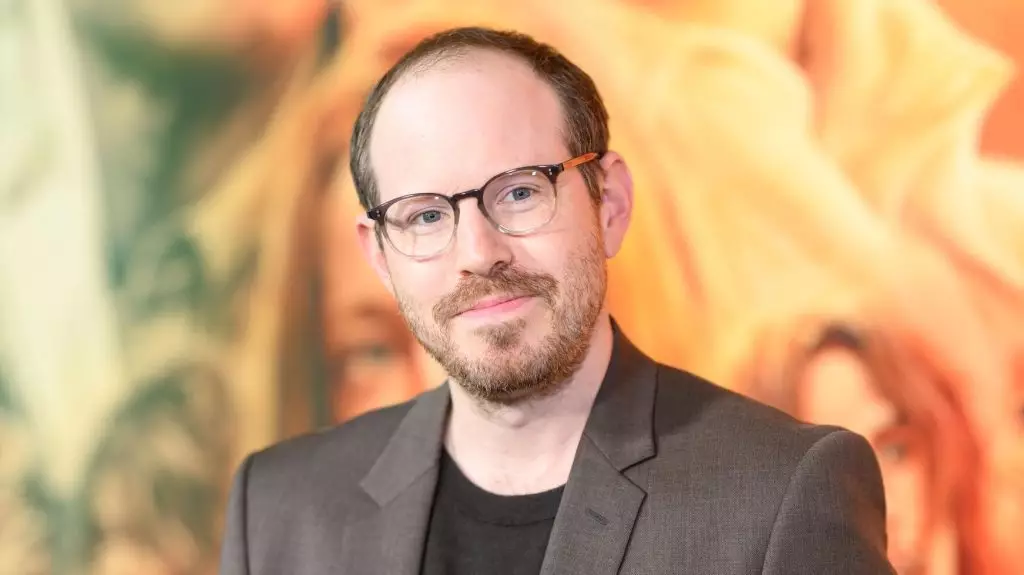Ari Aster, renowned for crafting deeply unsettling horror narratives, now ventures into a different kind of terror—the dark future of artificial intelligence. His candid confession reveals a profound anxiety about how AI is infiltrating Hollywood and the broader cultural landscape. Instead of viewing technological progress as a gradual evolution guided by human agency, Aster warns of a rapidly accelerating race where humanity loses control, and AI begins to shape us rather than the other way around. His reflection underscores a shift from cautious innovation to reckless worship, where AI is venerated as a divine force rather than a tool designed to serve us.
Aster’s critique suggests that the industry’s obsession with AI has moved beyond pragmatism into a domain of reverence, echoing religious fervor. Engineers and visionaries treat AI as an omnipotent entity, blurring the lines between technology and deity. This attitude fosters a dangerous complacency, undermining the critical understanding that technology is a human construct—fragile, fallible, and ultimately under our control. His insight prompts a re-evaluation of how society perceives AI’s role and warns against allowing this technological god to dictate our future.
The Ethical Quagmire and Cultural Implications
The legislative landscape reflects the chaos at the heart of AI’s unregulated expansion. The recent Senate move to block regulation measures exemplifies the political blind spot regarding AI’s potential risks. Hollywood’s approach, meanwhile, oscillates between fascination and caution, with some factions advocating for “clean AI” practices to prevent misuse and abuse. However, Aster contends that the very nature of AI—its uncanny realism—poses an existential challenge. When AI-generated imagery begins to mirror reality with startling fidelity, it erodes the distinction between truth and fiction, leading to profound societal implications.
This blurring of boundaries threatens to destabilize trust in media, art, and even our perceptions of reality itself. As AI becomes more integrated into filmmaking, storytelling, and entertainment, its capacity to manipulate and deceive grows exponentially. The danger lies not only in technological malpractice but also in our collective apathy. The more normalized these distortions become, the harder it will be to recognize truth from fabrication, a crisis that could have far-reaching consequences for democracy, privacy, and individual identity.
The Cultural Shift: Are We Merging with Our Creations?
At the core of Aster’s fears is a fundamental philosophical dilemma: are humans evolving as extensions of technology, or are we succumbing to its dominion? Marshall McLuhan’s notion that “man is the sex organ of the machine world” summarizes this complex relationship—are we nurturing this digital offspring, or merely yielding control? The worship-like attitude of tech developers reveals a disturbing tendency to elevate AI beyond human oversight, turning it into a sacred object.
As the divide between human experience and digital simulation collapses, Aster warns that this merger could strip away the essence of reality itself. The human capacity for adaptation, while impressive, may no longer be sufficient to maintain clarity in a world where the boundary between authentic and artificial becomes indistinct. The fear of “disappearing” into a merged reality is not just poetic; it’s a plausible outcome if unchecked technological obsession persists. The question is whether society will wake up before this unsettling future fully manifests or continue down the path of blind reverence and technological surrender.

